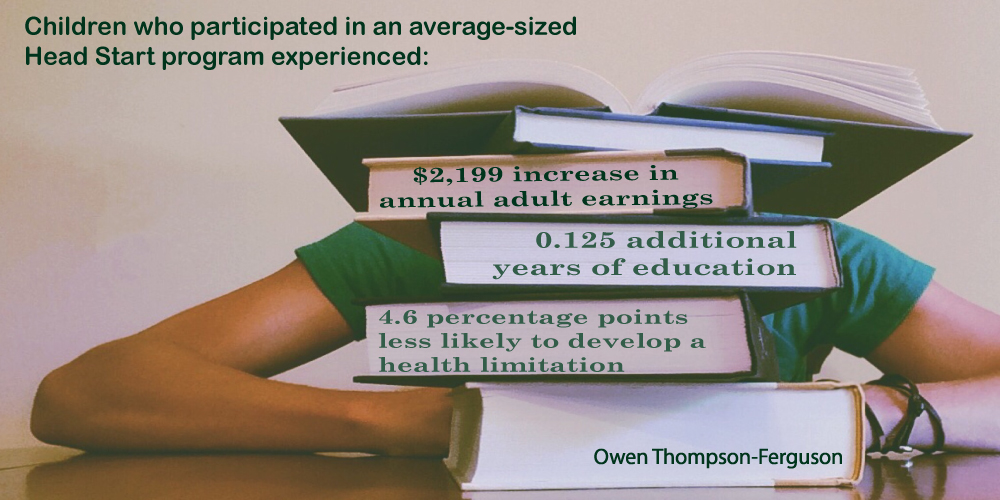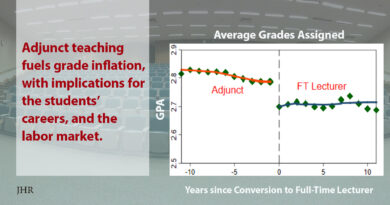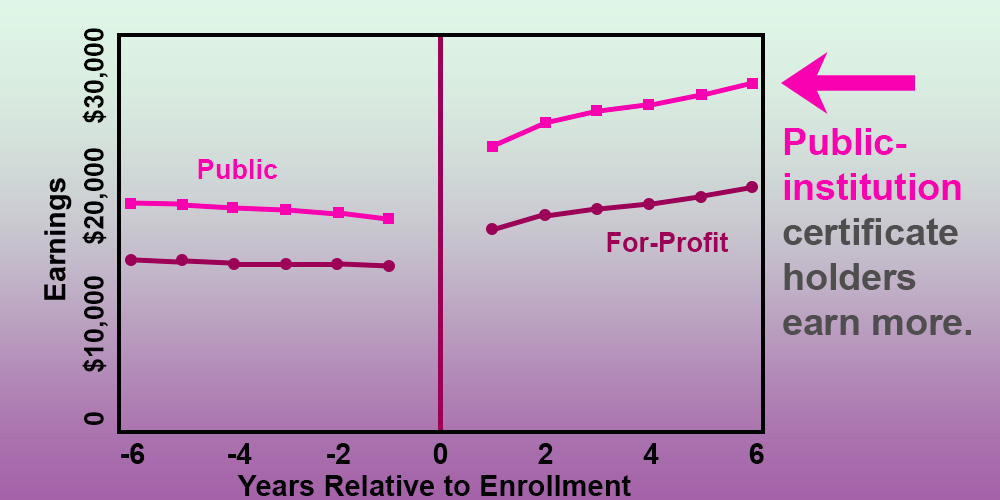Job Experience with Skills Certification Improves Employment for High School Dropouts
On average, across OECD countries, one in seven young people (15–29 years old) is neither employed nor pursuing education or training. For those without a high school diploma, the risk of unemployment is three times higher. Getting the skills demanded by employers requires additional education, but many high school dropouts refuse to go back to the classroom. In response, countries have turned to alternatives—some provide work experience either in the public or the private sector, others add formal training modules, and some even offer skills certifications.
Pierre Cahuc, Stéphane Carcillo, and Andreea Minea set out to disentangle the effects of work experience vs. training in such programs. They address two questions. Does government funding of jobs programs improve labor market outcomes for high school dropouts? Does the certification of skills acquired on the job and complemented by training matter?
To answer these questions, they sent 5,388 applications over a period of six months in 2016 to actual job offers posted in France for receptionist and gardener positions. Over a three-year period they compared the chances of getting a callback from employers for high school dropouts with various types of labor market experience (the treatment groups) with the chances of comparable youth who remained unemployed over the same period (the control group). Among the treatment group, some résumés featured work experience in a well-known national subsidized jobs program, others featured similar experience but in nonsubsidized positions, and some added a certification of skills acquired on the job and complemented by training.
The results show that getting some employment experience alone, either subsidized or not, does not increase the chances of getting an interview. However, when employment includes training providing certified skills, callback rates are significantly boosted, even if the acquired vocational degree corresponds only to the lowest level of certification. Getting this type of vocational degree leads to a 42 percent rise in the probability of callback.
However, local labor market conditions seems to pay a major role. For low-educated youth the beneficial effect of certified skills is only significant in the 20 percent commuting zones with the lowest unemployment rate.
These findings suggest that signaling a certification of skills is central for low-educated youth. Job programs that lack this component probably do not leverage the full potential of work experience. These programs may, however, help build a professional network, as well as offer opportunities for direct recommendations, which both can improve subsequent job finding rate.
Read the full study in the Journal of Human Resources: “The Difficult School-to-Work Transition of High School Dropouts: Evidence from a Field Experiment,” by Pierre Cahuc, Stéphane Carcillo, and Andreea Minea.
***
Pierre Cahuc is a professor of economics at Sciences Po (Paris), a research fellow of CEPR, and program Director at IZA. Stéphane Carcillo is the head of the Jobs and income division at the OECD, a research fellow at the economics department of Sciences Po and at IZA. Andreea Minea is an economist at the OECD.



